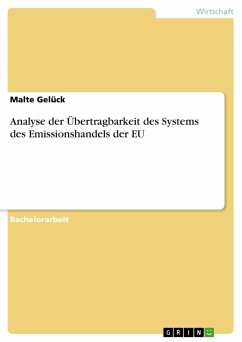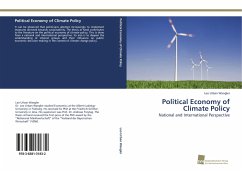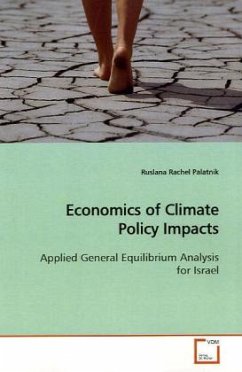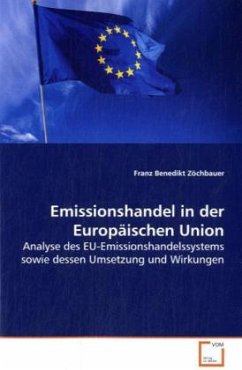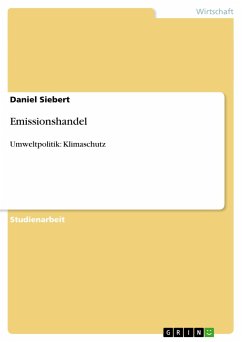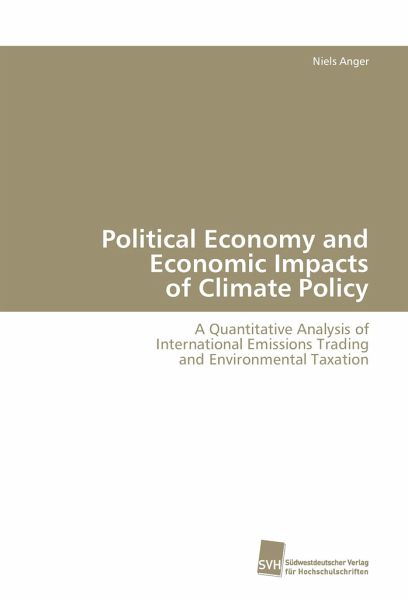
Political Economy and Economic Impacts of Climate Policy
A Quantitative Analysis of International Emissions Trading and Environmental Taxation
Versandkostenfrei!
Versandfertig in 6-10 Tagen
89,90 €
inkl. MwSt.

PAYBACK Punkte
0 °P sammeln!
This book provides a political economy analysis and an economic impact assessment of climate change policy. The analysis shows that the design of market-based instruments of climate policy can be explained by the behavior of environmental regulators who maximize their political support. The consideration of preferences of sectoral interest groups in regulatory decisions can induce economic inefficiencies in terms of a sectoral differentiation of environmental taxes or an asymmetric allocation of tradable emissions permits to parts of the economy. In turn, the design of climate policy instrumen...
This book provides a political economy analysis and an economic impact assessment of climate change policy. The analysis shows that the design of market-based instruments of climate policy can be explained by the behavior of environmental regulators who maximize their political support. The consideration of preferences of sectoral interest groups in regulatory decisions can induce economic inefficiencies in terms of a sectoral differentiation of environmental taxes or an asymmetric allocation of tradable emissions permits to parts of the economy. In turn, the design of climate policy instruments plays a decisive role for the associated economic impacts. The book argues that the economic benefits of linking domestic emissions trading schemes of industrialized nations depend on the sectoral scope of these schemes and the stringency of allowance allocation. Establishing regional flexibility of emissions reductions, e.g. via the access to carbon abatement options in developing countries, further improves the prospects for a cost-efficient and ambitious implementation of future climate policy.





